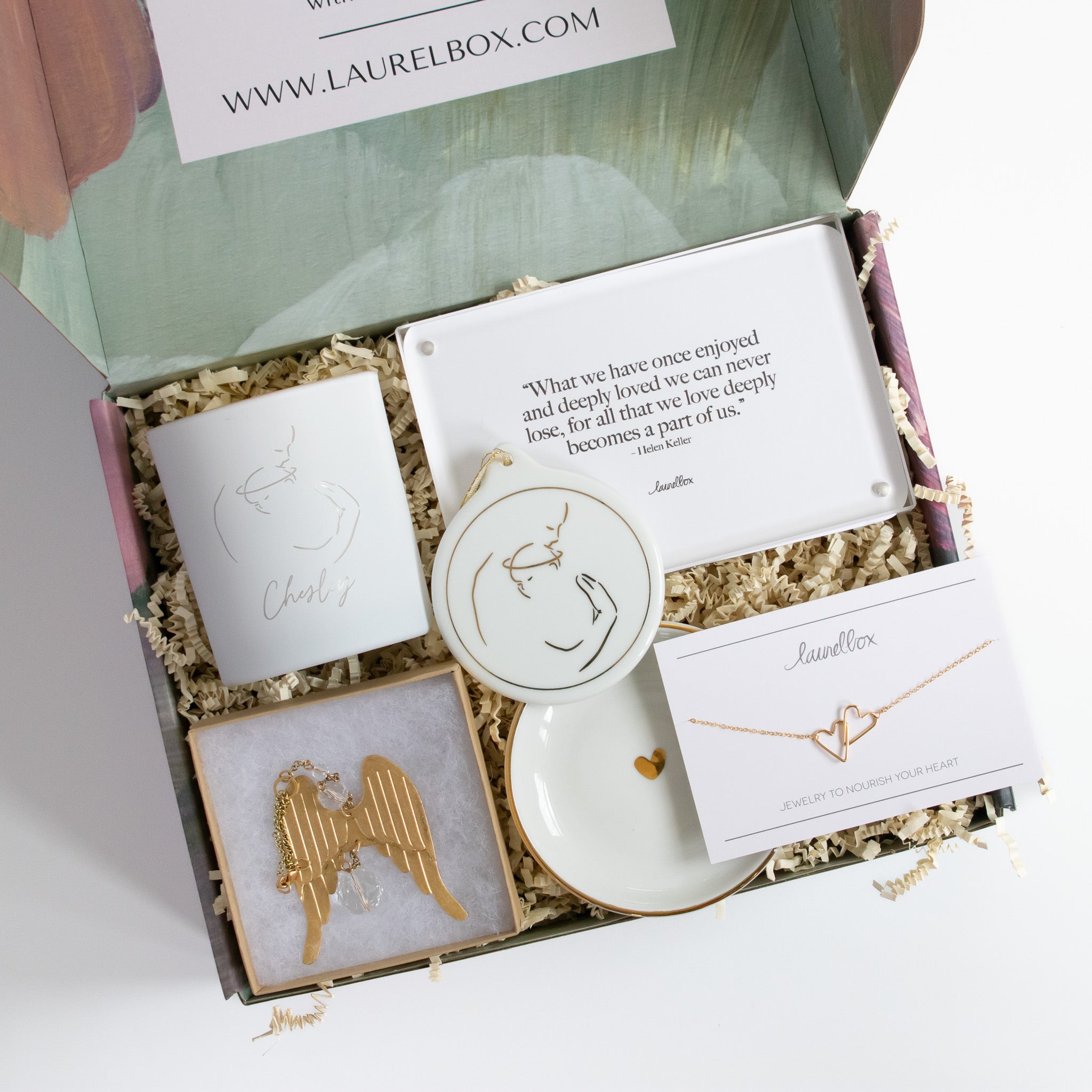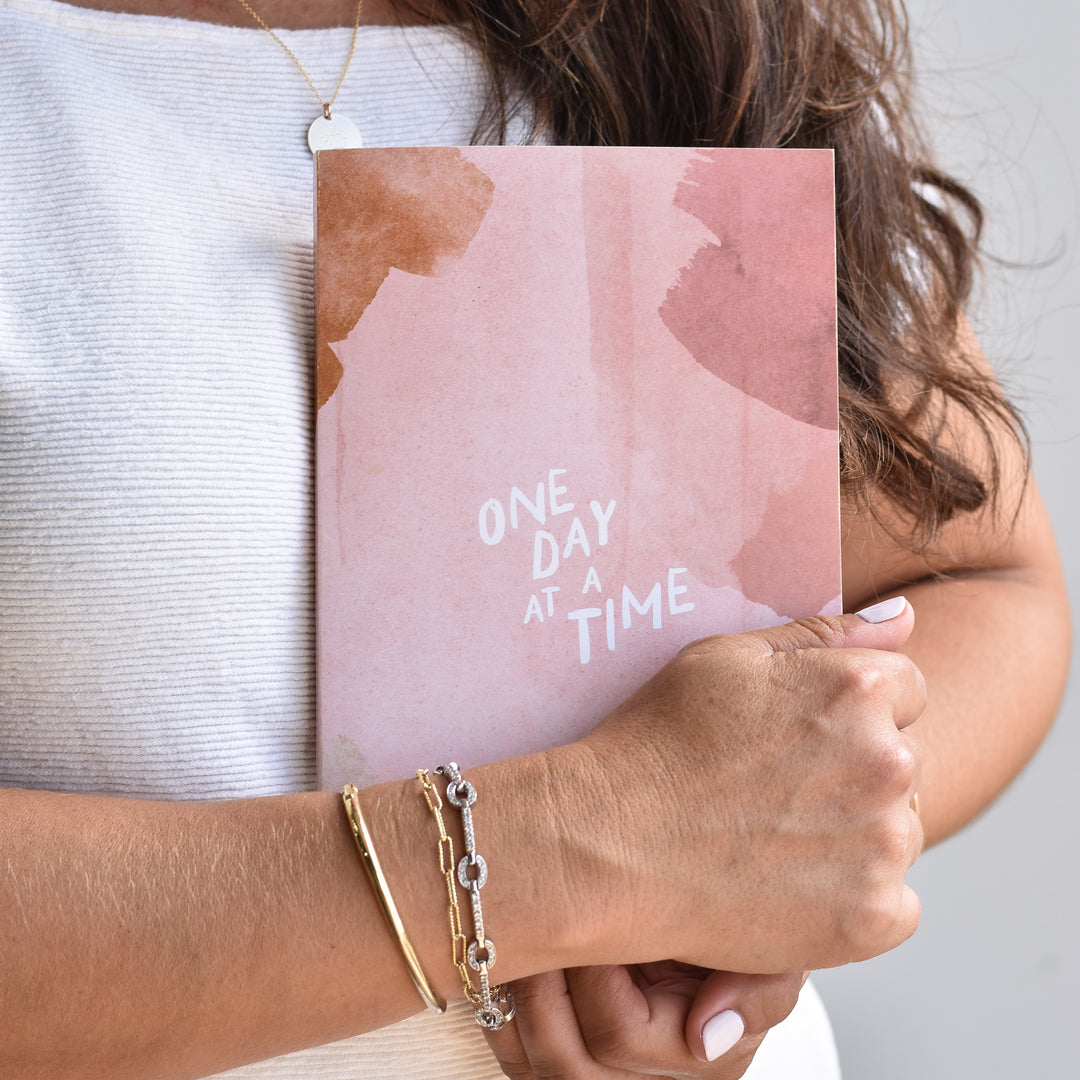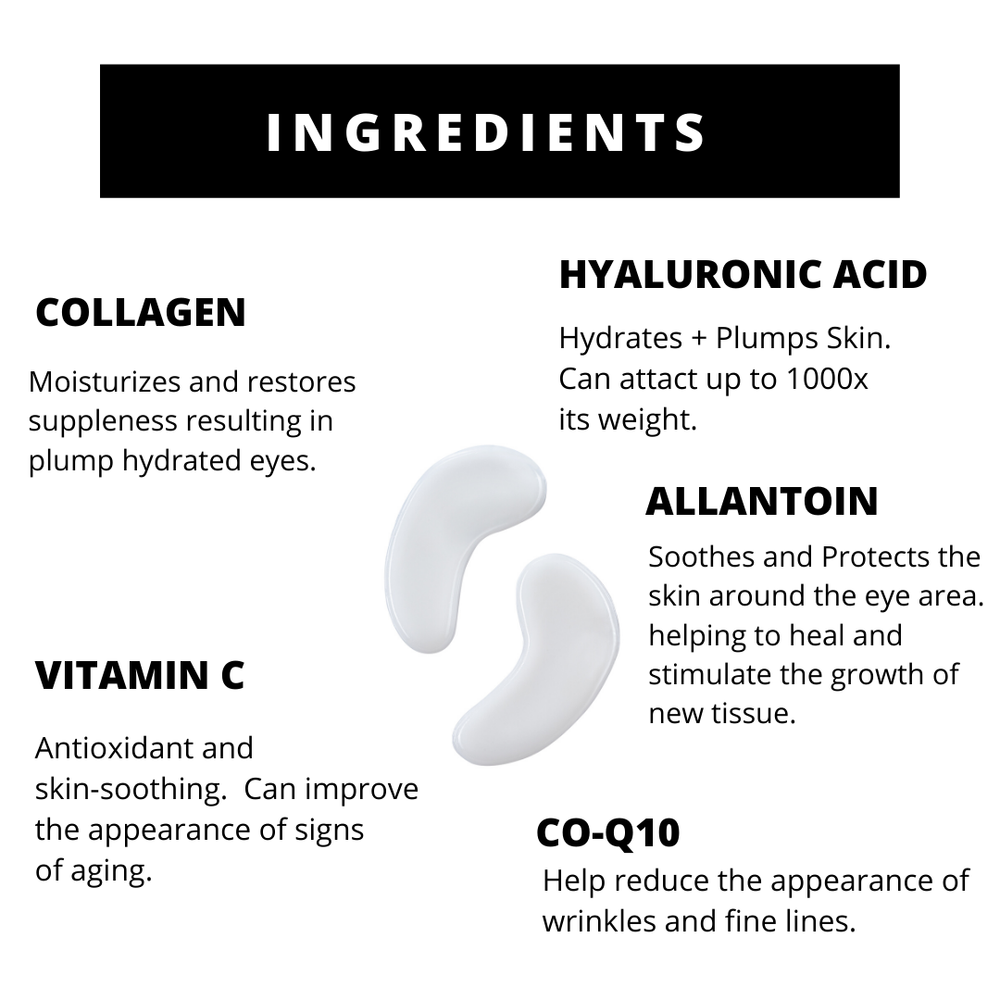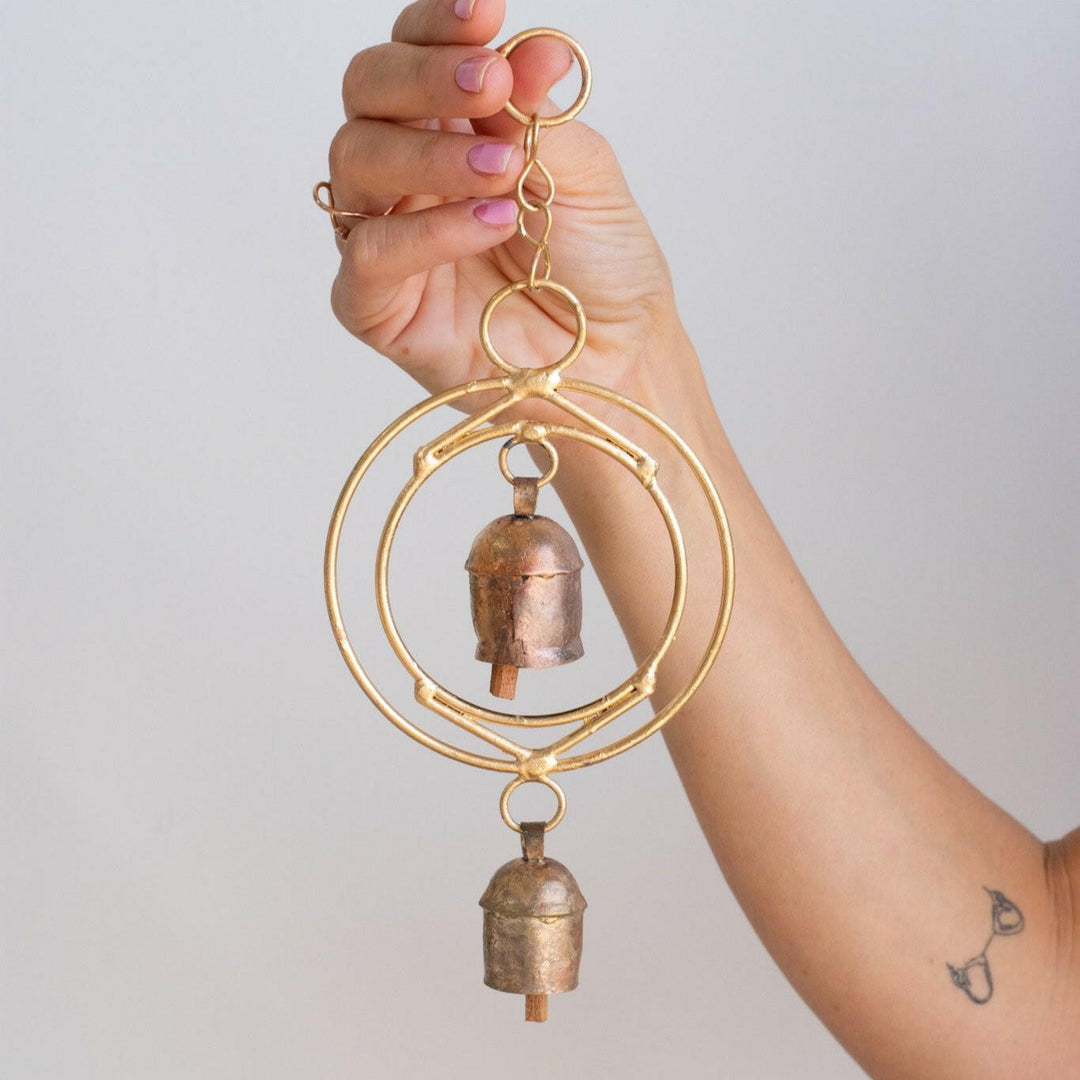
Navigating the Workplace After Experiencing Child Loss
Returning to work after the loss of a child can feel overwhelming and deeply emotional. This blog will offer gentle guidance for navigating the workplace while grieving and what you can expect after a miscarriage or stillbirth. From understanding emotional triggers to communicating a loss to others in the workplace, we hope to explore workplace support for grieving parents and compassionate advice for you to move forward at your own pace. No matter what your healing timeline looks like, we at laurelbox are here to offer encouragement, understanding and comfort.
Grief & The Workplace
Let’s be real, the loss of a child is devastating. It doesn’t matter if you were eight weeks pregnant or full term, hearing the words “There is no heartbeat” changes you in a profound way. It shifts your world and turns everything upside down. It can leave you numb, confused and even angry. But it never happens in a vacuum. As you are navigating this new (terrible) normal, you still have day-to-day responsibilities to meet: groceries to buy, homes to clean, children or pets to care for. And for many, it means going back to work. A return to the workplace after child loss can bring a whole new set of challenges and triggers to navigate. I know, personally, losing a baby is extremely difficult. Getting out of bed is a victory sometimes. Eating regular meals deserves a gold star. Add in the stress of being back at work in the days or weeks following a miscarriage or stillbirth and yowza, pack the tissues.
Physical Recovery
In many cases, the emotional effects of child loss can be more painful than the physical issues. But that doesn’t mean there aren’t physical effects as well. Some women may experience the following after a miscarriage or stillbirth:
- Vaginal bleeding, similar to a menstrual period, may last up to a week after a miscarriage.
- Lower abdominal pain similar to menstrual cramps may last up to 2 days after the miscarriage.
- Some pregnancy hormones remain in the blood for one to two months after a miscarriage.
- If you had a vaginal or c-section delivery, you may experience the same types of postpartum symptoms as a live birth like hemorrhoids, milk coming in, breast soreness and instructions to rest.
I can vividly remember delivering our son Cooper at 36.5 weeks vaginally with no epidural, moments after we’d been told the shocking news that he was already gone. As you can imagine, that was awful. But my lowest moment was probably a few days later when I was recovering at home and my milk started coming in, and it was so painful and so very sad. I sobbed in the shower for what felt like hours. If you have experienced a painful miscarriage or traumatic stillbirth and have to then go back to work immediately, my heart goes out to you.
Emotional Recovery
Navigating the emotional challenges that occur after miscarriage, stillbirth, and infant loss could be akin to walking through a minefield with a blindfold on. It’s only a matter of time before an explosion occurs and you never see it coming. Grief and child loss is both complex and unique. My story of full term stillbirth and late first trimester miscarriage may be in many ways similar to your situation but at the same time, completely different based on so many factors. Every single person has a unique grief story and a healing timeline that they have to walk for themselves. However, many parents may experience some of these emotions:
- Grief - mourning what was and the loss of what could have been
- Shock and confusion - even though some statistics show 1 in 4 women experience a miscarriage, it’s always a surprise when it happens to you
- Sadness: crying is common and sometimes it feels like the tears won’t stop
- Anxiety and fear: as much as you try not to let it happen, thoughts of “Will this happen again?” creep in soon after a loss
- Guilt and self-blame: asking yourself, “Did I do something that caused this?” can leave you feeling guilty even though this is usually unfounded
- Anger: you might be angry at yourself, God, the world or every other healthy pregnancy in your circle
- Jealousy: even if you try to resist, it can be hard not to be jealous of friends’ healthy pregnancies or birth announcements
- Numbness: an inability to feel emotions and drive to disconnect from people
- Emptiness and loneliness: a feeling of loss or isolation and thinking people can’t understand your situation
- Loss of control: feeling powerless to navigate life’s challenges
- Possible mental health issues or complicated grief: In some cases, normal grief can turn into complicated grief or deeper cases of depression, anxiety or post traumatic stress. Always reach out for help (call or text 988) if you have any thoughts of suicide or self-harm.
In the days after my D&C following an 11 week miscarriage, I could barely leave the couch. My husband surprised me with a puppy to cheer me up. I wouldn’t necessarily recommend that approach but it did keep us busy!
After a loss, your emotions are all over the place. In this picture, I’m holding a new puppy I was surprised with as I recovered from a D&C. Though I’m smiling, I was also heartbroken.

Workplace Challenges
Navigating a return to work in the midst of all those physical and emotional aspects of child loss can feel overwhelming. As with anything, it can help in making a plan and setting expectations. Here are some questions or issues to consider as you prepare to return to work:
Flexibility - Have you taken advantage of your sick leave, bereavement, paid time off, or parental leave? Make sure to check with your health care provider to ensure you are cleared to return to work. Don’t hesitate in talking with your boss or HR department if extensions are needed. Take the time you are entitled to!
Burden of Silence - Did people at work know you were pregnant? If it was early and you hadn’t announced, it can be challenging to find the right words to say. You may want to avoid the subject, but my personal suggestion, I would always err on the side of telling people. Miscarriage can have a stigma that it needs to be covered up and only talked about in hushed tones but that only exacerbates the feelings of isolation for those walking this difficult path. Be brave and keep your boss in the loop and those co-workers who you know could offer support and sympathy when you need it most.
Inevitable Questions - If people knew you were pregnant, you may want to let your boss or a trusted co-worker share the sad news so it’s already made its way around the water cooler before you return to work. However, there will always be questions that pop up. Spend a few minutes to think how you want to answer. A brief, “I’m not ready to talk about it yet,” is perfectly appropriate. You don’t owe answers to anyone. Another response like, “I appreciate your concern. But it’s too soon,” should always end any probing questions. On the flip side, people don’t always handle death well and may avoid the subject altogether and act like nothing happened. Don’t feel pressure to take up this approach and ignore your emotions and bury your pain. Find trusted family and friends to share your feelings with or let people know you are willing to talk about it when you are ready.
Self-Care Strategies - Make a plan for when something triggers you. That could be listening to a distracting podcast on your earphones, taking a walk, finding a quiet room to collect your thoughts or confiding in a friend. Consider child loss sympathy gifts that could help your heart during this painful time. Choosing an initial necklace to wear in honor of your baby might give you a physical item that you could hold when you feel yourself starting to spiral. Couple that with some deep breathing and soothing mist, and you might be able to stabilize. Find healthy coping mechanisms to keep you moving forward on a path to healing.
Self Care & Reflection
Conclusion
Losing a baby is incredibly hard. Losing a baby and going back to work is incredibly hard in a different way. Even though the distraction of work may be nice in some instances, it’s also challenging for parents to navigate the complexities of the workplace while simultaneously navigating the complexities of grief. Give yourself lots of grace to have good days and bad days. Give your coworkers grace when they say something stupid or insensitive. Heck, even share this blog of “What to Say and What Not to Say” with your boss! Whatever you do, just know you have a unique grief timeline to heal on your terms. Even though you may “return to normal” at work, your heart will never be the same. Grief will change you, hopefully making you more empathetic and intentional.
LANNA BRITT
Lanna Britt was a national news producer in Washington DC for nearly a decade covering politics, breaking news and current events. She now lives with her husband and three children in Richmond VA. She has two sweet babies she’ll meet again in heaven.
































